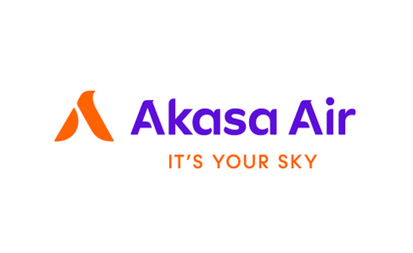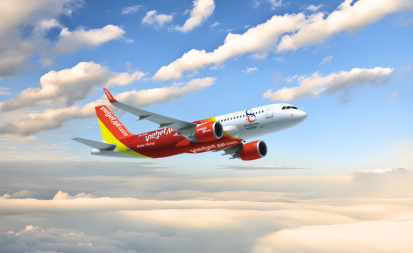Traveling Intelligently With AI
Authored Article by Sandeep Arora, Director of Brightsun Travel India Artificial Intelligence is making strides in every industry and the technology is constantly being leveraged to explore its full potential. The travel and tourism industry is

Authored Article by Sandeep Arora, Director of Brightsun Travel India
Artificial Intelligence is making strides in every industry and the technology is constantly being leveraged to explore its full potential. The travel and tourism industry is at the cusp of a major transition as AI is completely revolutionizing the way the industry functions.
The travel and tourism industry has witnessed widespread adoption of AI-powered tools over the last decade. These technologies play an integral role in assisting customers in planning their travel itinerary and aiding seamless operations in hotels. AI helps businesses to save time and money while providing excellent customer service.
Here are the top five ways in which artificial intelligence is changing the dynamics of the travel and tourism industry.
Intelligent Customer Service: Today, hotel and flight bookings are mostly done online. For quick decisions to be made, customers need instant responses. Instead of e-mail responses or waiting to get through the help desk, AI chat boxes can provide valuable information to customers at all times without the need for customer service representatives. The adoption of chatbots has leveraged customer service. Many hotels are also using AI technology to provide voice-based digital assistance within hotel rooms, allowing guests to ask questions, make requests and receive 24/7 responses. This helps hotels to manage high influx of guests during peak times.
Humanoid Assistance: Many international hotel chains have deployed AI-enabled robots for face-to-face customer service interactions. The Hilton hotel chain has deployed a 58 cm-tall physical humanoid, Connie, that can understand and answer people’s questions and respond with relevant answers. Japan’s Henn-na Hotel is the world’s first hotel to be entirely staffed by robots who are deployed to provide information, front desk services, storage services, and check-in and check-out services. Using voice and facial recognition, robots are also being used for housekeeping, room service, and waiter services in many hotels across the world.
Personalized Travel Planner: The travel and tourism industry thrive on engaging customers with customized and personalized choices. AI technology and predictive analytics play a key role right from the inception of customers’ travel plans by helping hotels, travel, and tourism companies to pitch personalized plans, competitive deals, and booking recommendations. Here, artificial intelligence utilizes information from a user’s website search to create tailored travel recommendations. It can also cater to existing customers by offering customized customer loyalty programs and incentives to facilitate repeat business.
Analytics-Driven Hotel Management: The data-driven technology can help travel and tourism businesses to digitize their operations. Artificial Intelligence can be beneficial in collating invoices, receipts, reports, etc., and aggregating them from multiple devices to seamlessly update the system. It can also be used to coordinate automated check-ins and check-outs with digital
invoices, handle existing bookings, provide digital access to guests for room service, place food orders, housekeeping requirements, etc. AI can improve operational efficiency in a major way by fetching guest arrival details and guest profiles, updating payment posting, and integrating payments through multiple channels. AI-based tax software can help businesses to reap benefits in finances and accounting processes.
Disruption Management: Ricks of travel disruption is high. Flights get canceled, baggage can be misplaced, and unpredicted weather conditions can close down tourist destinations at the last moment. There are hundreds of reasons why things might go wrong in travel plans. But seamless management of those problems is possible. AI-based automated disruption management is increasingly being used by the industry to manage such situations and minimize losses for both travelers and companies.
Future strides
There is no doubt that AI technology is transforming the way we travel. The journey is smoother, itineraries are more personalized, and booking processes are swifter. This leaves customers with more time to enjoy their trip and return with absolute satisfaction.
—-
 English
English French
French German
German Italian
Italian




